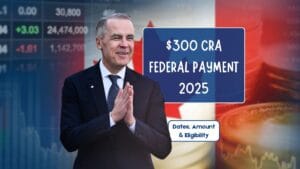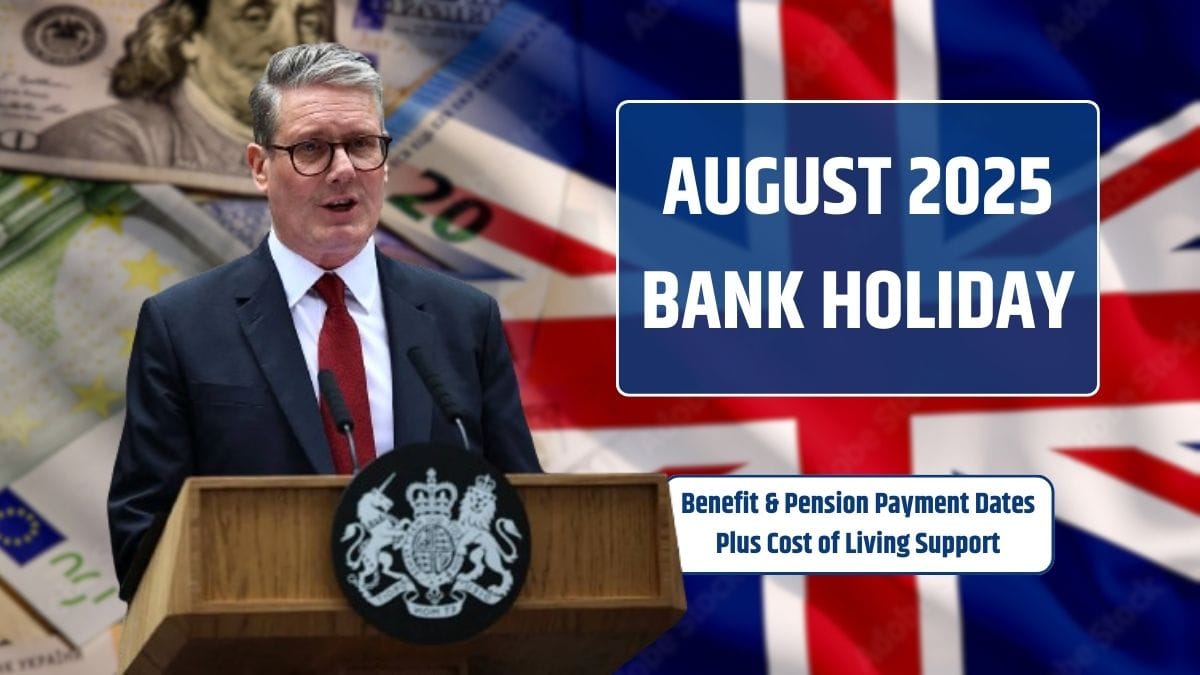For millions across the UK, managing day-to-day expenses remains a challenge, even with inflation back to pre-pandemic levels. Prices for essentials have stubbornly stayed high, while wages have struggled to keep up. Combined with rising household bills, many families are still feeling the squeeze.
Recent figures from The Food Foundation reveal that in January 2025, 7.3 million adults – nearly 14% of households – experienced food insecurity. Energy arrears have also soared to £3.9 billion, more than double what they were five years ago. In such conditions, knowing your payment dates and available support is vital.
August Benefit Dates
Most benefit payments will be made as usual in August. However, the Summer Bank Holiday on Monday 25 August means anyone due a payment that day will receive it earlier – on Friday 22 August.
This includes:
Universal CreditState PensionPension CreditChild BenefitDisability Living Allowance (DLA)Personal Independence Payment (PIP)Attendance AllowanceCarer’s AllowanceEmployment Support Allowance (ESA)Income SupportJobseeker’s Allowance
You can check exact payment timetables on the UK government website.
Pension Dates in August
The Basic State Pension is paid every four weeks, and your payday depends on the last two digits of your National Insurance number:
 Last 2 NI DigitsPayment Day00–19Monday20–39Tuesday40–59Wednesday60–79Thursday80–99Friday
Last 2 NI DigitsPayment Day00–19Monday20–39Tuesday40–59Wednesday60–79Thursday80–99Friday
If your payday falls on 25 August, you’ll be paid on 22 August instead.
Benefit Rate Increases
From April 2025, benefits rose by 1.7%, reflecting the September 2024 inflation rate. The State Pension increased by 4.1% under the triple lock, giving retirees an extra £472 a year.
From April 2026, Universal Credit will see above-inflation rises until 2029. However, the health-related element for new claimants will be cut from £105 to £50 per month and frozen until 2029, so applying early could be beneficial.
Additional Financial Help
Budgeting Advance Loans – Interest-free loans for Universal Credit claimants facing emergencies. Borrow up to £348 (single), £464 (couple), or £812 (with children). From April 2025, repayments are capped at 15% of the standard allowance.
Discretionary Housing Payment (DHP) – Extra help for rent or housing costs if you receive Housing Benefit or the housing element of Universal Credit. Apply via your council.
Household Support Fund (HSF) – Offers assistance with essentials like food, energy bills, or appliances. Available until March 2026.
Charitable Grants – Search via Turn2us for grants based on your circumstances.
Energy Support – Many suppliers, including British Gas and Octopus, offer hardship schemes.
Council Tax Reduction – Discounts of up to 100% for eligible households. Apply through your local council.
Free Childcare – From September 2025, all children under five will be entitled to 30 hours of free childcare.
Energy Price Cap Update
From July to September 2025, Ofgem’s price cap has fallen from £1,849 to £1,720 – a 7% drop. This is the maximum annual bill for an average household on a standard tariff.
Cost of Living Payments
The DWP has not confirmed any new Cost of Living Payments for 2025. The last payment was made between 6 and 22 February 2024.
Mental Health SupportSamaritans – Call 116 123 (free, 24/7)Mind – Support line: 0300 102 1234Scope – Online community for disability supportNHS – Online mental health triage service
Staying informed on payment schedules and available support can make a real difference during challenging times. With careful planning and by claiming all you’re entitled to, you can ease some of the financial pressure.
FAQsWhen will benefits be paid in August bank holiday?
On Friday 22 August instead of Monday 25 August.
How often is the State Pension paid?
Every four weeks based on NI number.
Has the energy price cap gone down?
Yes, from £1,849 to £1,720 in July 2025.
Can I still get Cost of Living Payments in 2025?
No, the last was in February 2024.
How much is the 2025 Universal Credit increase?


